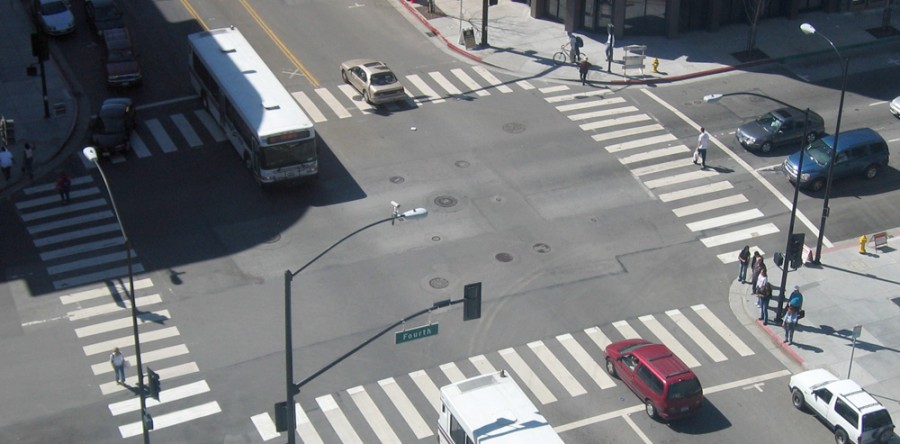The Dangers of Good Samaritan Accidents
We’ve all been a traffic situation in which we’ve waved along another driver when we didn’t really need to. Whether it was because we were in a hurry and wanted to avoid an awkward non-verbal negotiation or were simply feeling generous, this simple act of selflessness could be dangerous and potentially lead to a serious accident.
Called “Good Samaritan Accidents,” these particular motor vehicle collisions occur as the result of a driver being involved in an accident after receiving a wave or another signal from another motorist. Presumably, a wave or gentle honk at an intersection means a driver is ceding his/her right-of-way and allowing another driver to proceed.
Massachusetts courts have ruled that signaling motorists can be held liable if their wave or signal leads to an accident. In Gennelly v. Leslie, the defendant claimed that their signal was intended to inform the other driver that they wouldn’t be hit by the defendant, not that the highway itself was safe to cross.
Blind spots, four-way intersections, and multi-lane highways are problem areas for Good Samaritan Accidents. But in reality, this problem could happen anywhere there are cars, buses, pedestrians, and bicyclists.
All good intentions notwithstanding, these types of accidents where caused by drivers signaling instead of following the rules of the road. Assuming the responsibility of directing traffic can lead to serious accidents, injuries, and even death.
If you’ve been injured as a result of a Good Samaritan Accident or any other motor vehicle collision, contact the Law Offices of David S. Roth today. Our experienced team can help you find compensation for your injuries and get you the justice you deserve.


